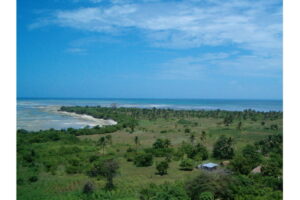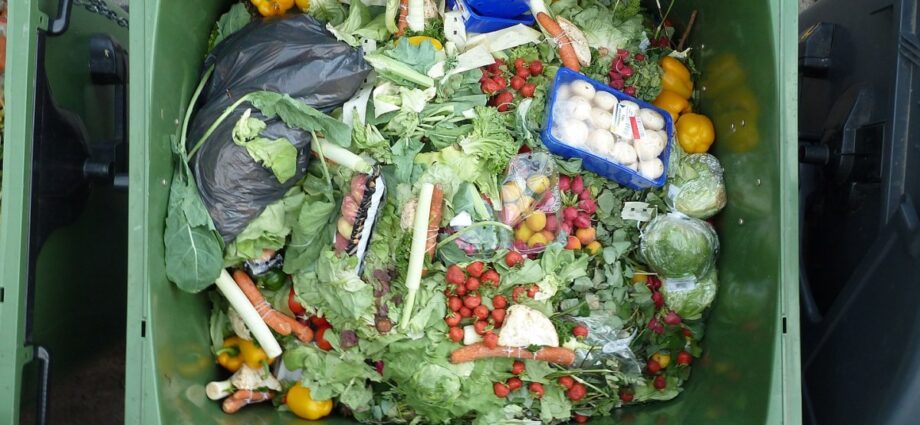The new report has established that Dar es Salaam City could achieve reducing the greenhouse gases from waste by 65 per cent come the year 2030 through adopting ‘zero waste strategies’.
Dubbed: ‘Zero Waste to Zero Emissions’ the report was unveiled on Tuesday in the city.
The Global Alliance for Incinerator Alternatives (GAIA) conducted the study in eight cities around the world, including Dar es Salaam.
In Tanzania, GAIA collaborated with the non-governmental organization called Nipe Fagio to conduct the study in the city.
The findings come ahead of the 2022 United Nations Climate Change Conference (COP 27) in Egypt, in November, this year, where waste will be one of the key climate agenda items for the African continent.
Africa has a high potential to make strides towards a zero waste world due to the high percentage of organics, progressive legislation on plastic and the presence of waste pickers in cities across the continent.
When launching the report, the Nipe Fagio Executive Director, Ms Ana Lê Rocha, said through the zero waste approach, vulnerable groups – like women and the youth, informal waste collectors and indigenous populations – are included in waste management solutions.
“This would create a positive systemic change in the waste sector that will build the foundation for a socially-just and climate resilient city,” she said.
She noted that the Zero Waste Strategy in the city could provide an opportunity to address historical social inequalities, visible in the fact that most low-income communities in the city lack waste management services and struggle with the health and economic impacts of waste pollution.
With enabling factors, like separation of waste at source, separate management of organic waste, integration of waste pickers and better enforcement of existing legislation on plastic, Africa can become the region which demonstrates the effective implementation of zero waste systems, stated Niven Reddy, GAIA’s Africa Regional Coordinator.
GAIA’s report modeled potential emissions reductions from eight cities of Bandung (Indonesia), Dar es Salaam (Tanzania), Detroit (USA), eThekwini (South Africa), Lviv (Ukraine), São Paulo (Brazil), Seoul (South Korea), and Temuco (Chile)
The report found that on average, these cities could cut waste sector emissions by almost 84 per cent by introducing better waste management policies such as waste separation, recycling, and composting, cutting total emissions from the waste sector by more than 1.4 billion tonnes, equivalent to the annual emissions of 300 million cars.
Source: allafrica.com
Share this news
This Years Most Read News Stories

Kampuni ya Elon Musk kuzindua mtandao Tanzania
Huduma ya mtandao ya Elon Musk ya Starlink inatarajiwa kupatikana nchini Tanzania katika robo ya kwanza ya 2023, huku wachambuzi wakisema maendeleo hayo mapya yatakuza uchumi wa kidijitali.Continue Reading

Zanzibar terminates land lease offered to British developer
The Revolutionary Government of Zanzibar (SMZ) has terminated a land lease held by British property developer Pennyroyal Limited in Matemwe, the developer has announced.Continue Reading

Muslims in Pemba conduct special prayer against ZAA decision
ZANZIBAR: More than 200 Muslims in Vitongoji Village, South Pemba Region over the weekend conducted a special prayer to condemn the Zanzibar Airports Authority (ZAA) move to appoint DNATA as the sole ground handler in Terminal III of the International Airport of Zanzibar. Abeid Amani Karume.Continue Reading











